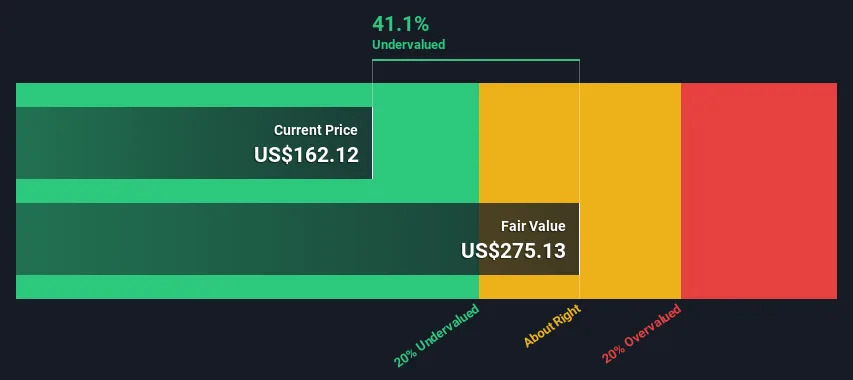"If you have bought a good quality stock at bargain or reasonable price, you can often hold forever."
Investing is fun. For every rule, there is always an exception.
The main reasons for selling a stock are:
1. When the fundamental has deteriorated permanently, (Sell urgently)
2. When it is overpriced, whereby the upside gain will be unlikely or very small and the downside loss will be big or certain.We shall examine reason No. 2 through the property market. The property market is also cyclical. There were periods of booms and dooms.
If you have a good piece of property that is always 100% tenanted and which gives you good consistent return (let's say 2x or 3x risk free FD rates), would you not hold this property forever? The answer is probably yes.Then, when would you sell this property?
Note that the valuation of property, as with stocks, is both objective and subjective.
Would you sell when someone offered to buy at 500% above your perceived market price?
Probably yes, as this is obviously overpriced. You could cash out and probably easily re-employ the money to earn better returns in another property (or properties) or other assets.
Would you sell when someone offered to buy at 50% above your perceived market price?
Maybe yes or maybe no. You can offer your many reasons.
However, all these will be based on the perceived future returns you can hope to get from this property in the future. This is both objective based on past returns obtained and subjective and speculative on future returns.
However, unlike reason No.1 when you would need to sell urgently to another buyer to prevent sustaining a permanent loss, you need not sell just because someone offered to buy the property at high price. (However, there are also those who "flip properties" for their earnings; they will sell quickly for a quick profit.) You will not suffer a loss but only a diminished return at worse. You can take your time to work out the mathematics.
You maybe surprised that you may still achieve a return higher at a time in the near future by rejecting the present immediate gain based on the present high price offered.
Also, you would need to price in the lost opportunity cost when the property is sold at this price, even though it is 50% above the perceived normal market price. Could you buy a similar quality property with the same sustainable increasing income or return by offering the same price?
Similarly, the same line of thinking can be applied to your selling of shares.
When should you sell your shares?
Yes, definitely when the fundamentals have deteriorated permanently. The business has suffered for various reasons and going forward, the earnings will be permanently impaired and deteriorating.
Yes, when the price is very very overpriced. However, you need not sell your shares in good quality companies that you bought at fair or bargain price. As long as the fundamentals are strong and the business is adding value, selling now at a higher price may mean losing the return that you could have obtained in the future years from owning this stock and the opportunity cost of reinvesting the cash into another stock of similar quality and returns.
Once again, the importance of sound reasoning and doing the mathematics in making a decision whether to sell or not.
Is it not true, that
the really big fortunes from common stocks have been garnered by those- who made a substantial commitment in theearly years of a company in whose future they had great confidence and
- who held their original shares unwaveringly while they increased 10-fold or 100-fold or more in value?
The answer is
"Yes."
Additional notes:
Other reasons for selling a stock (or property) are:
- To raise cash to reinvest into another asset with better return.
- A certain stock (or property sector) may be over-represented in your portfolio due to recent rapid price rises and you need to reduce its weightage to reduce your risk of over-exposure in this single stock (or property sector).
Footnote: 












